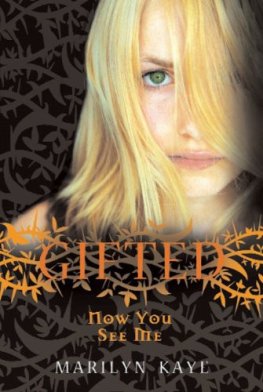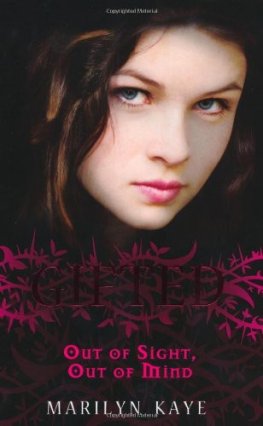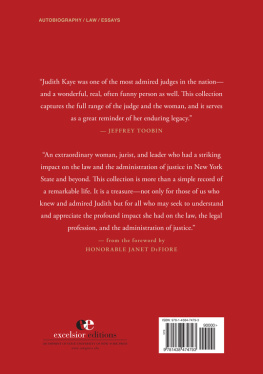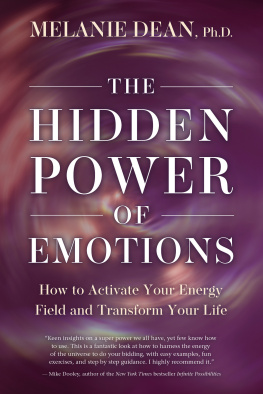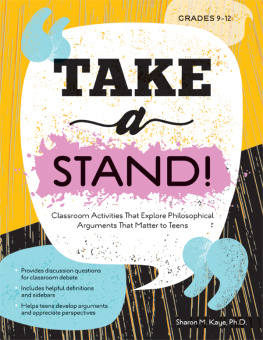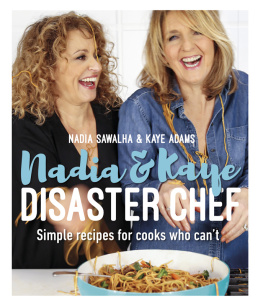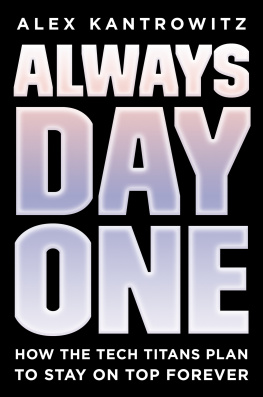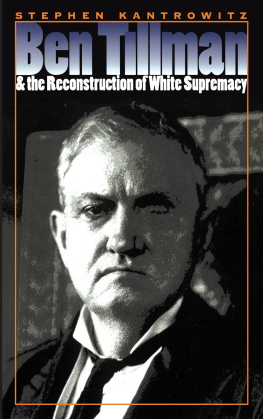Melanie Kaye Kantrowitz - Issue is Power
Here you can read online Melanie Kaye Kantrowitz - Issue is Power full text of the book (entire story) in english for free. Download pdf and epub, get meaning, cover and reviews about this ebook. year: 2020, publisher: Aunt Lute Books, genre: Home and family. Description of the work, (preface) as well as reviews are available. Best literature library LitArk.com created for fans of good reading and offers a wide selection of genres:
Romance novel
Science fiction
Adventure
Detective
Science
History
Home and family
Prose
Art
Politics
Computer
Non-fiction
Religion
Business
Children
Humor
Choose a favorite category and find really read worthwhile books. Enjoy immersion in the world of imagination, feel the emotions of the characters or learn something new for yourself, make an fascinating discovery.

- Book:Issue is Power
- Author:
- Publisher:Aunt Lute Books
- Genre:
- Year:2020
- Rating:3 / 5
- Favourites:Add to favourites
- Your mark:
- 60
- 1
- 2
- 3
- 4
- 5
Issue is Power: summary, description and annotation
We offer to read an annotation, description, summary or preface (depends on what the author of the book "Issue is Power" wrote himself). If you haven't found the necessary information about the book — write in the comments, we will try to find it.
Issue is Power — read online for free the complete book (whole text) full work
Below is the text of the book, divided by pages. System saving the place of the last page read, allows you to conveniently read the book "Issue is Power" online for free, without having to search again every time where you left off. Put a bookmark, and you can go to the page where you finished reading at any time.
Font size:
Interval:
Bookmark:

Copyright 1992 by Melanie Kaye/Kantrowitz
What Makes Revolution? copyright 2018 by Julie R. Enszer
All rights reserved. This book, or parts thereof, must not be reproduced in any form or by any means, electronic or mechanical, including photocopying and recording, or by an information storage and retrieval system, without written permission from the publisher.
Aunt Lute Books
P.O. Box 410687
San Francisco, CA 94141
Print ISBN: 9781951874001
ebook ISBN: 9781939904362
First Edition
Cover Art: Melissa Levin
Cover and Text Design: Pamela Wilson Design Studio
Typesetting: Joan Meyers
Production: Jayna Brown, Patti Casey, Martha Davis, Chris Lymbertos, Cathy Nestor, Rene Stephens, Kathleen Wilkinson
Second Edition
Senior Editor: Joan Pinkvoss
Artistic Director: Shay Brawn
Managing Editor: A.S. Ikeda
Cover Design: A.S. Ikeda
Typesetting: A.S. Ikeda
Production: Maya Sisneros, Mara Mnguez-Arias, Cindy Ho, Emma Rosenbaum
Library of Congress Cataloging-in-Publication Data
Names: Kaye/Kantrowitz, Melanie, author.
Title: The issue is power : essays on women, jews, violence and resistance / Melanie Kaye/Kantrowitz; foreword by Julie R. Enszer.
Description: 2nd Edition. | San Francisco : Aunt Lute Books, 2020. | Revised edition of the authors The issue is power, c1992. | Includes bibliographical references.
Identifiers: LCCN 2019056837 (print) | LCCN 2019056838 (ebook) | ISBN 9781951874001 (trade paperback) | ISBN 9781939904362 (ebook)
Subjects: LCSH: Jewish women--United States. | Feminism--United States. | Lesbianism--United States. | Antisemitism--United States. | Power (Social sciences) | Jewish-Arab relations.
Classification: LCC HQ1172 .K39 2020 (print) | LCC HQ1172 (ebook) | DDC 305.48/8924073--dc23
LC record available at https://lccn.loc.gov/2019056837
LC ebook record available at https://lccn.loc.gov/2019056838
Printed in the U.S.A. on acid-free paper
10 9 8 7 6 5 4 3 2 1
For the movements of the nineties
which must free us
Acknowledgements
After my first book came out, I swore to say something general the next time around, avoid naming people and suffering from omissions later. Yet, especially with these essays, I feel the weight of what Ive received from others. Friends who read essays, speeches, reviews, sometimes in chaotic form, and offered advice, criticism, encouragement. Strangers who wrote notes thanking me for my work; others, who became friends, who used their time to organize events, workshops, tours for me to present my work. Women who housed and fed me, picked me up and dropped me off at airports. All of this supplied me not only, sometimes, with money, but always with information about the various communities of lesbians, women, Jews, and progressives.
Bernice Mennis has been there at critical times with her huge heart and clear vision. Sally Covington offered a critical, sane, and supportive voice. Margaret Blanchard gave the most useful advice when it came to rewriting the masses of material on violence: start in the middle. Tania Kravath provided, in her steady commitment to making art, an image for the joy and necessity of hard work. Helena Lipstadt has always urged, go deeper. Irena Klepfisz was for years my comrade and inspiration in gerangl. Lisa Weisbach, Alissa Blackman, Naomi Winiwarter, Erica Moore and Sarah Feldstein brought me to Oberlin for several fruitful exchanges. Laura Wernick has been an apt and energetic comrade. Rochelle Ruthchild told me a million times I was a talented writer and I should keep doing it. Linda Vance was with me for the writing of many of these essays, which have been sharpened by her keen intelligence. My sister Roni Natov has been unswervingly loving and loyal. Sarah Jacobus has been a sister in a struggle and a kindred spirit. Vera Williams, dear friend and long-time pacifist, pushed me to think carefully about violence. Gloria Anzalda has consistently modelled commitment to writing as a life-organizing principle; in addition, Gloria, an old friend, and Chrystos, a new one, gave me courage to write honestly about violence. Sharon Jaffe encouraged me through her own commitment to both activism and culture; she has invariably heard my words exactly as intended, and besides sent me an essay by James Baldwin at a critical moment. I thank Mindy Shapiro, of Swarthmore-Bryn Mawr-Haverford Hillel, Clare Kinberg of Bridges, and Felice Yeskel, of the Program for Gay and Lesbian Concerns at the University of Massachusetts, Amherst, each for her distinct commitment to progressive Jewish life, and for help in bringing my work to its audience. Naomi Shihab Nye, for her poems, sisterhood, and heart. Naomi Nim for work we shared designing workshops on anti-Semitism and racism. Dalia Sachs and Chaya Shalom, from the Israeli womens peace movement, for their passionate commitment to both Israel and Palestine, and for their friendship. Kathleen Saadat for steady determination to neglect no issue or community. Richard Wiener for political comradeship, and for the meeting in Crown Heights we went to together. Evelyn Beck for her groundbreaking work on Jewish issues in the feminist and lesbian movement, and for Nice Jewish Girls: A Lesbian Anthology, where so much began. Toby Miroff for her listening and her intuition. Maureen ONeill, for her fidelity to writing, for thoughtful criticism on the violence essay, and for her faith in me.
I thank Joan Pinkvoss for her devotion to womens publishing, for her hard work, her editorial care; Joan and Cindy Cleary for hospitality and friendship, and all the women at Aunt Lute whose labors bring books into the world, especially Chris Lymbertos and Jayna Brown, who supervised production for this one. Sarah Bolden for her photographs. Martha Davis for copy-editing, and Patti Casey for speed-demon proofreading.
Finally, I acknowledge the tutelage of the late and much-missed Lil Moed, whose lessons resonate for me and so many of us.
A few institutions also need to be thanked. The Womens Resource and Action Center at the University of Iowa has demonstrated an ongoing commitment to include Jewish issues (and I thank the Jewish women whose struggles bore fruit in the WRACs commitment). The MacDowell and Millay Colonies, where I worked on earlier versions of the women and violence essay, provided space and solitude, not to mention heat, electricity, and hot water in a time when these things were not normal parts of my life. And the Helene Wurlitzer Foundation in Taos, where I dotted the final is of this book, has been unfailingly generous and flexible. New Jewish Agenda, with whom I was active in local chapters in Vermont and Manhattan, as well as on the National Steering Committee for two years; and Jews for Racial and Economic Justice, in New York City, where I work as director, have granted me recent opportunities to turn theory into action.

Foreword
What Makes Revolution? Reflections on the Life and Work of Melanie Kaye/Kantrowitz
Julie R. Enszer
Writer, feminist, lesbian, activist, organizer, and theorist, Melanie Kaye/Kantrowitz published five major works: We Speak in Code, published by Motheroot Press in 1980; the anthology The Tribe of Dina, published first in 1986 by Sinister Wisdom as issue 29/30 of the journal and then by Beacon Press as an anthology in 1989; a short story collection, My Jewish Face & Other Stories
Next pageFont size:
Interval:
Bookmark:
Similar books «Issue is Power»
Look at similar books to Issue is Power. We have selected literature similar in name and meaning in the hope of providing readers with more options to find new, interesting, not yet read works.
Discussion, reviews of the book Issue is Power and just readers' own opinions. Leave your comments, write what you think about the work, its meaning or the main characters. Specify what exactly you liked and what you didn't like, and why you think so.


